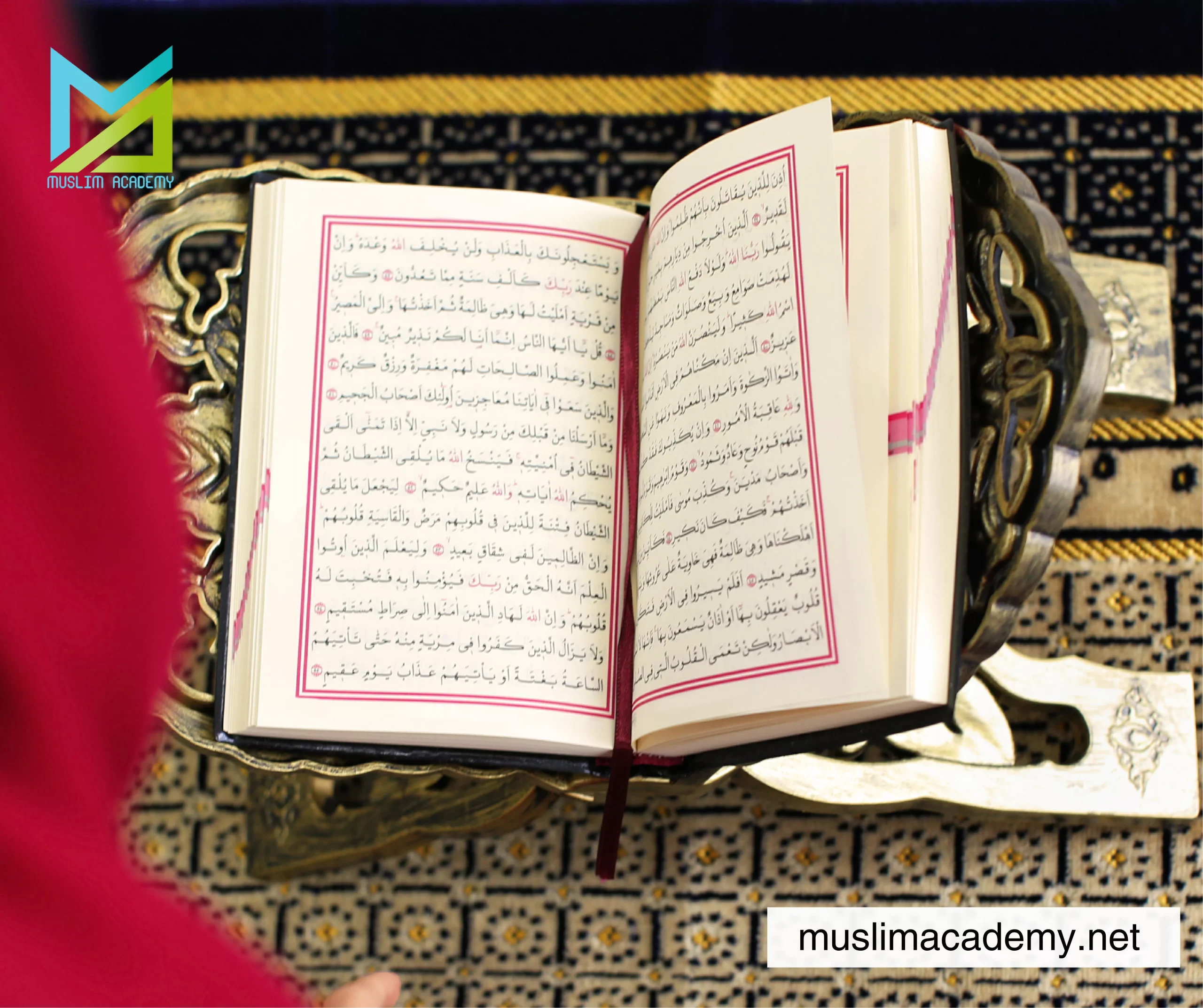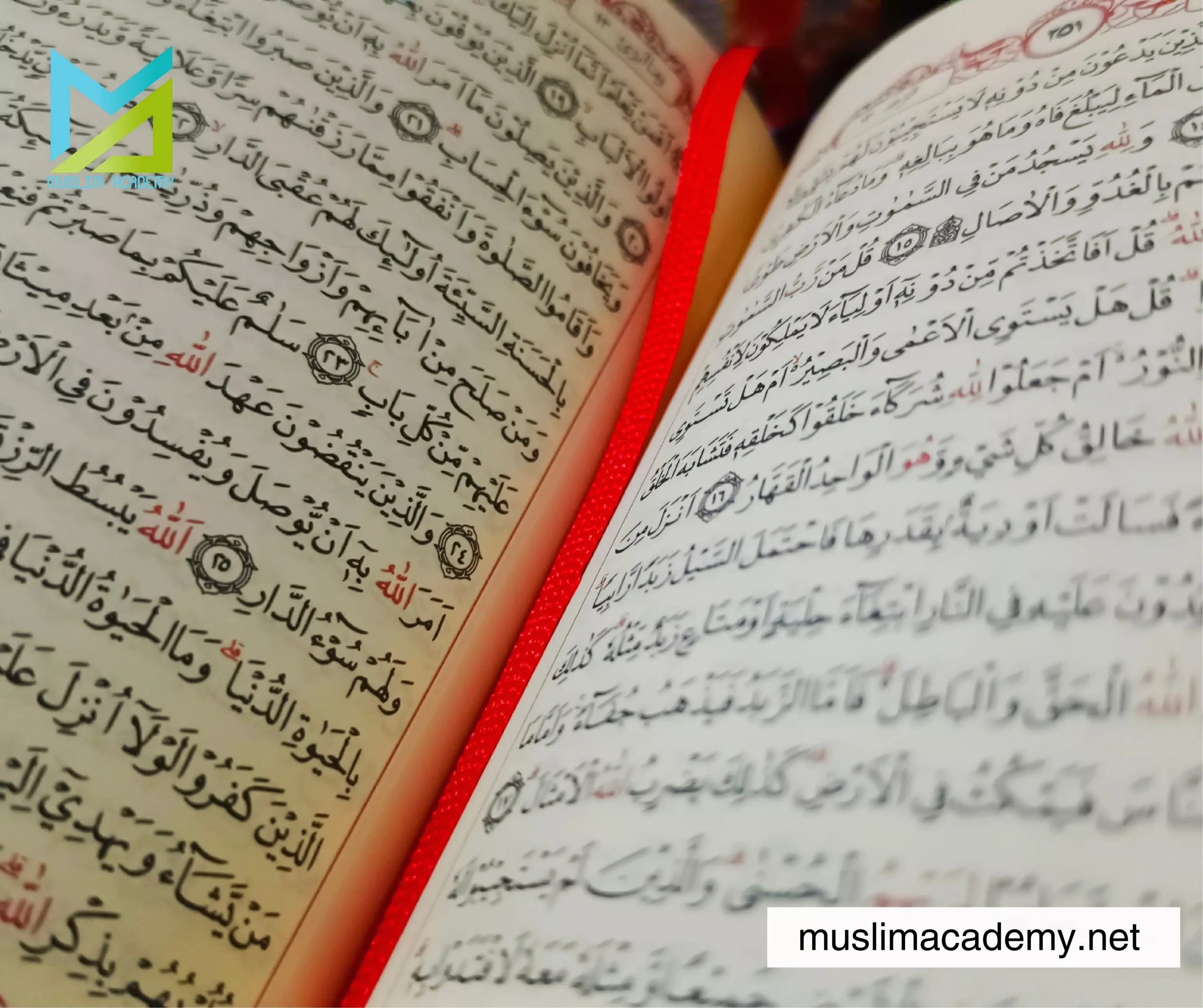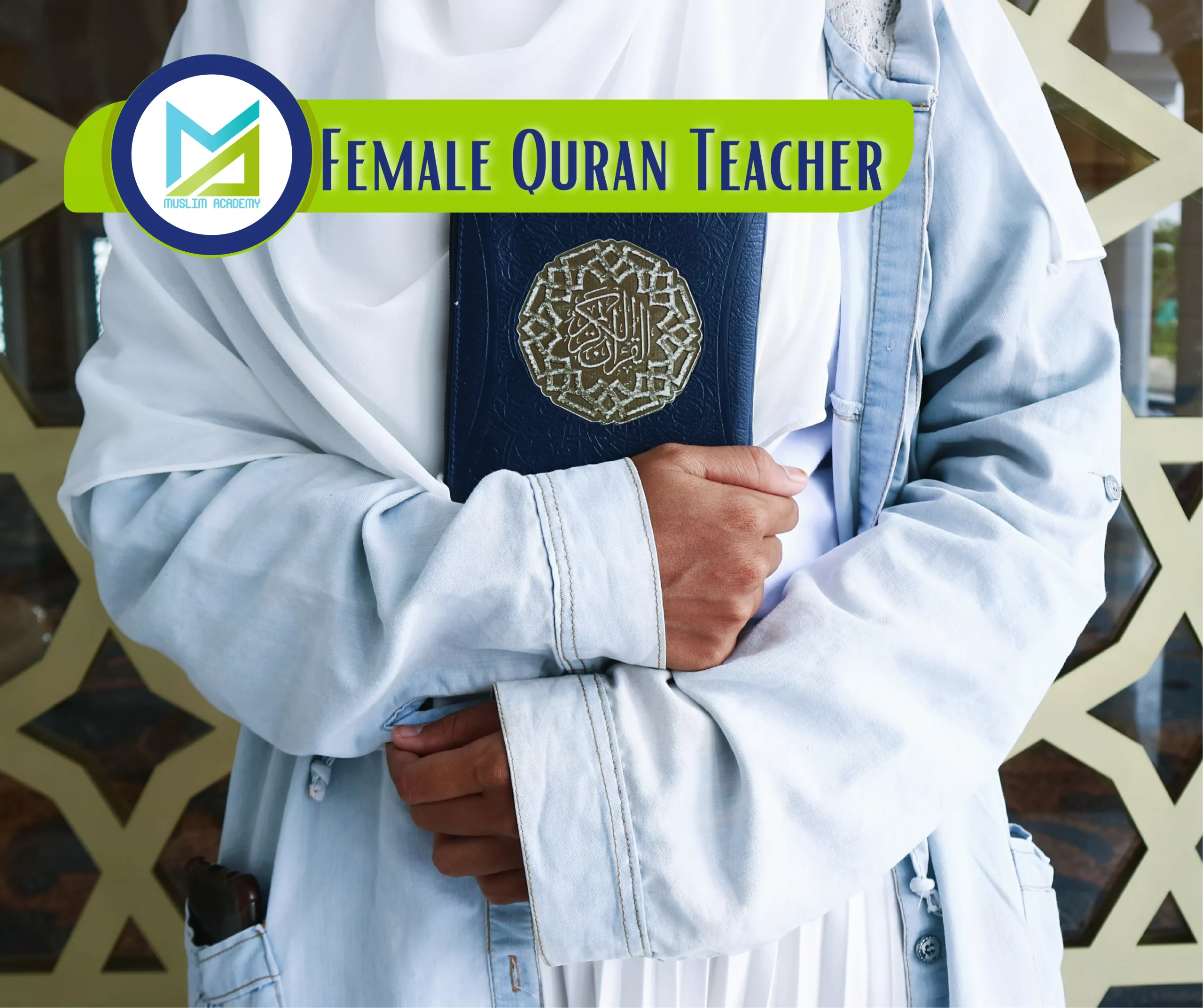Start Online Quran Classes with Muslim Academy
https://muslimacademy.net/index.php/free-trial/
The role of women in Islamic education has been fundamental throughout Islamic history, with female scholars and educators contributing significantly to the preservation and transmission of Quranic knowledge. Today, the Female Quran Teacher with Muslim Academy continues this noble tradition, bringing unique perspectives, teaching approaches, and spiritual insights to Islamic education. Their contributions have become increasingly recognized and valued, particularly as online education platforms create new opportunities for women to share their expertise with global audiences while maintaining cultural sensitivity and religious propriety.
Historical Foundations of Women in Islamic Education
Throughout Islamic history, women have played crucial roles as educators, scholars, and transmitters of religious knowledge. The tradition of female Islamic scholarship traces back to the early days of Islam, when women companions of the Prophet Muhammad served as teachers and authorities on religious matters. This historical precedent establishes the legitimacy and importance of women’s contributions to Islamic education, providing a strong foundation for contemporary Female Quran teachers with Muslim Academy roles.
The scholarly tradition of women in Islam includes renowned figures who achieved international recognition for their expertise in Quranic sciences, Islamic jurisprudence, and religious education. These historical examples demonstrate that women’s participation in Islamic scholarship is not a modern innovation but rather a continuation of established Islamic educational traditions that have always valued knowledge acquisition and transmission regardless of gender.
Medieval Islamic institutions often included separate educational facilities for women, recognizing both the importance of female Islamic education and the cultural sensitivities surrounding mixed-gender learning environments. These historical precedents inform contemporary approaches to online Islamic education, where Female Quran teachers with Muslim Academy roles can flourish while respecting traditional Islamic values and cultural preferences.
The preservation of Quranic knowledge through oral transmission has always involved both male and female scholars, with women playing particularly important roles in teaching family members and maintaining household Islamic practices. This domestic educational role has historically served as a foundation for broader community teaching responsibilities, creating pathways for women to develop expertise that extends beyond family instruction.
Unique Advantages and Perspectives in Female Islamic Education
A Female Quran Teacher with Muslim Academy brings distinctive advantages to Islamic education that complement and enhance the broader landscape of Quranic instruction. Female educators often demonstrate particular sensitivity to the learning needs of women and girls, understanding cultural considerations, emotional factors, and practical challenges that may influence female students’ educational experiences.
The teaching approach employed by many female Islamic educators tends to emphasize nurturing, patience, and emotional support alongside academic instruction. This holistic methodology creates learning environments where students feel comfortable asking questions, expressing uncertainties, and exploring their spiritual development without fear of judgment or inadequate support.
Female Quran Teacher with Muslim Academy perspectives often include insights into the practical application of Islamic teachings in daily life, particularly regarding family responsibilities, social relationships, and personal spiritual development. These real-world connections help students understand how Quranic principles translate into lived experience, making religious education more relevant and applicable to contemporary challenges.
The communication styles often employed by female educators can be particularly effective for students who respond well to collaborative learning approaches, detailed explanations, and encouraging feedback. Many students find that female teachers create classroom atmospheres that promote open discussion, peer support, and shared exploration of Islamic concepts.
Addressing Educational Needs of Diverse Student Populations
The modern Female Quran Teacher with Muslim Academy serves increasingly diverse student populations with varying backgrounds, learning objectives, and cultural contexts. Online education platforms have enabled female Islamic educators to reach students across different continents, age groups, and levels of Islamic knowledge, requiring adaptability and cultural competency that extends far beyond traditional classroom teaching skills.
Female educators often demonstrate particular effectiveness in teaching children and adolescents, bringing patience, creativity, and age-appropriate teaching methods that make Quranic learning engaging and accessible for younger students. Their ability to connect with family dynamics and understand the challenges facing Muslim youth in diverse cultural contexts enhances their effectiveness as educators and mentors.
Adult learners, particularly women returning to Islamic education after years away or new converts seeking comprehensive Islamic knowledge, often benefit from the supportive and non-judgmental approach that characterizes many Female Quran teachers with Muslim Academy instructional styles. These educators understand the unique challenges facing adult learners and can provide encouragement and practical guidance that supports successful educational outcomes.
The growing population of Muslim women in professional careers has created demand for flexible, high-quality Islamic education that accommodates busy schedules and competing responsibilities. Female Islamic educators are uniquely positioned to understand these challenges and provide educational solutions that respect both professional commitments and spiritual growth objectives.

Technology Adaptation and Digital Innovation
The transition to online education has required Female Quran Teacher with Muslim Academy professionals to master new technological skills while maintaining the authentic Islamic educational principles that define their teaching approach. Many female educators have embraced digital platforms enthusiastically, recognizing the opportunities these tools provide for reaching broader audiences and creating more flexible educational experiences.
Video conferencing technology enables Female Quran Teacher with Muslim Academy instructors to provide personalized attention and immediate feedback that maintains the quality of traditional face-to-face instruction. High-quality audio systems ensure that pronunciation guidance remains precise and effective, while screen sharing capabilities allow for real-time text analysis and interactive learning activities.
Digital recording and playback features have proven particularly valuable for female Islamic educators, allowing them to create customized practice materials, provide detailed feedback on student recitations, and maintain ongoing communication with students between scheduled lessons. These tools enhance the continuity of instruction and support independent practice that reinforces classroom learning.
Many female educators have also pioneered innovative uses of educational technology, developing creative approaches to online Islamic education that leverage the unique advantages of digital platforms while preserving the spiritual and academic integrity essential to authentic Quranic instruction.
Creating Safe and Culturally Sensitive Learning Environments
One of the most significant contributions of Female Quran Teacher with Muslim Academy professionals lies in their ability to create learning environments that respect Islamic values while providing comprehensive educational opportunities. Female educators understand the cultural sensitivities and religious considerations that may influence student participation and can design instructional approaches that accommodate these factors without compromising educational quality.
For female students, particularly those from conservative backgrounds, learning from female instructors may provide greater comfort and freedom to ask questions, participate actively in discussions, and explore their spiritual development without concerns about mixed-gender interactions. This cultural sensitivity can significantly enhance learning outcomes and student satisfaction.
Female Quran Teacher with Muslim Academy professionals often excel at creating inclusive environments that welcome students from diverse backgrounds while maintaining appropriate Islamic etiquette and respect for traditional values. Their understanding of family dynamics, cultural expectations, and social pressures helps them provide guidance that extends beyond academic instruction to include practical wisdom about living Islamic principles in contemporary contexts.
The online format provides additional advantages for creating culturally sensitive learning environments, as students can participate from their homes while maintaining appropriate dress and behavior standards. Female educators can model proper Islamic conduct while providing high-quality instruction that respects both educational objectives and religious propriety.
Professional Development and Continuous Learning
The field of online Islamic education continues evolving rapidly, requiring Female Quran teachers with Muslim Academy professionals to engage in continuous learning and professional development to maintain their effectiveness and relevance. Many female educators pursue advanced certifications, attend scholarly conferences, and participate in collaborative research projects that enhance their teaching capabilities and Islamic knowledge.
Professional networks and organizations specifically supporting female Islamic educators provide opportunities for sharing best practices, addressing common challenges, and advancing the field of women’s Islamic education. These professional communities create support systems that help individual teachers improve their skills while contributing to broader improvements in Islamic educational methodology.
Technology training has become an essential component of professional development for female Islamic educators, as mastering digital tools and online teaching techniques requires ongoing learning and adaptation. Many Female Quran teachers with Muslim Academy professionals have become leaders in educational technology innovation, developing new approaches and resources that benefit the entire Islamic education community.
Continuing Islamic education through advanced study, scholarly research, and peer collaboration ensures that female educators maintain and deepen their religious knowledge while staying current with developments in Islamic scholarship and interpretation.

Impact on Global Islamic Education and Community Development
The expanding role of Female Quran teachers with Muslim Academy professionals in online education has significant implications for global Islamic education and community development. These educators serve not only individual students but also contribute to broader efforts to strengthen Islamic knowledge and practice in communities worldwide.
Female Islamic educators often serve as role models and mentors for young Muslim women, demonstrating possibilities for combining religious scholarship with professional achievement and community service. Their visibility and success in educational roles can inspire other women to pursue Islamic learning and consider careers in religious education.
The global reach enabled by online platforms allows Female Quran Teacher with Muslim Academy professionals to serve communities with limited access to qualified Islamic education, particularly in regions where cultural factors may restrict women’s access to traditional educational institutions. This service addresses important gaps in Islamic educational availability while respecting cultural sensitivities and religious values.
Community building efforts led by female Islamic educators often extend beyond formal instruction to include support groups, mentorship programs, and social services that strengthen Islamic communities and promote mutual assistance among Muslim families.
Future Opportunities and Emerging Trends
The future holds tremendous promise for Female Quran teachers with Muslim Academy professionals as technological advancement and changing social attitudes create new opportunities for women’s participation in Islamic education. Virtual reality applications, artificial intelligence tutoring systems, and advanced mobile learning platforms may provide even more effective tools for delivering high-quality Islamic education to global audiences.
Increasing recognition of women’s contributions to Islamic scholarship is likely to create expanded opportunities for female educators to serve in leadership roles, develop innovative educational programs, and influence the direction of Islamic educational development. This recognition supports both individual career advancement and broader improvements in Islamic education quality and accessibility.
Collaborative international programs linking female Islamic educators across different countries and cultures may facilitate knowledge sharing, professional development, and coordinated efforts to address global Islamic educational needs. These partnerships could significantly amplify the impact of individual Female Quran Teachers with Muslim Academy contributions while fostering international cooperation in Islamic education.
Conclusion: Celebrating Excellence in Women’s Islamic Education
The role of the Female Quran Teacher with Muslim Academy in contemporary Islamic education represents both a continuation of historical traditions and an adaptation to modern educational opportunities and challenges. These dedicated educators combine deep Islamic scholarship with innovative teaching methods, cultural sensitivity, and commitment to student success that enhances the quality and accessibility of Quranic education worldwide.
As online education continues expanding and evolving, female Islamic educators are positioned to play increasingly important roles in shaping the future of Islamic education. Their contributions deserve recognition, support, and continued development as essential components of global efforts to preserve, transmit, and apply Islamic knowledge in contemporary contexts.
The success of the Female Quran Teacher with Muslim Academy professionals in online education demonstrates that technology can serve Islamic educational goals while respecting traditional values and cultural sensitivities. Their example provides inspiration and practical guidance for continued innovation in Islamic education that honors both religious authenticity and educational excellence.
